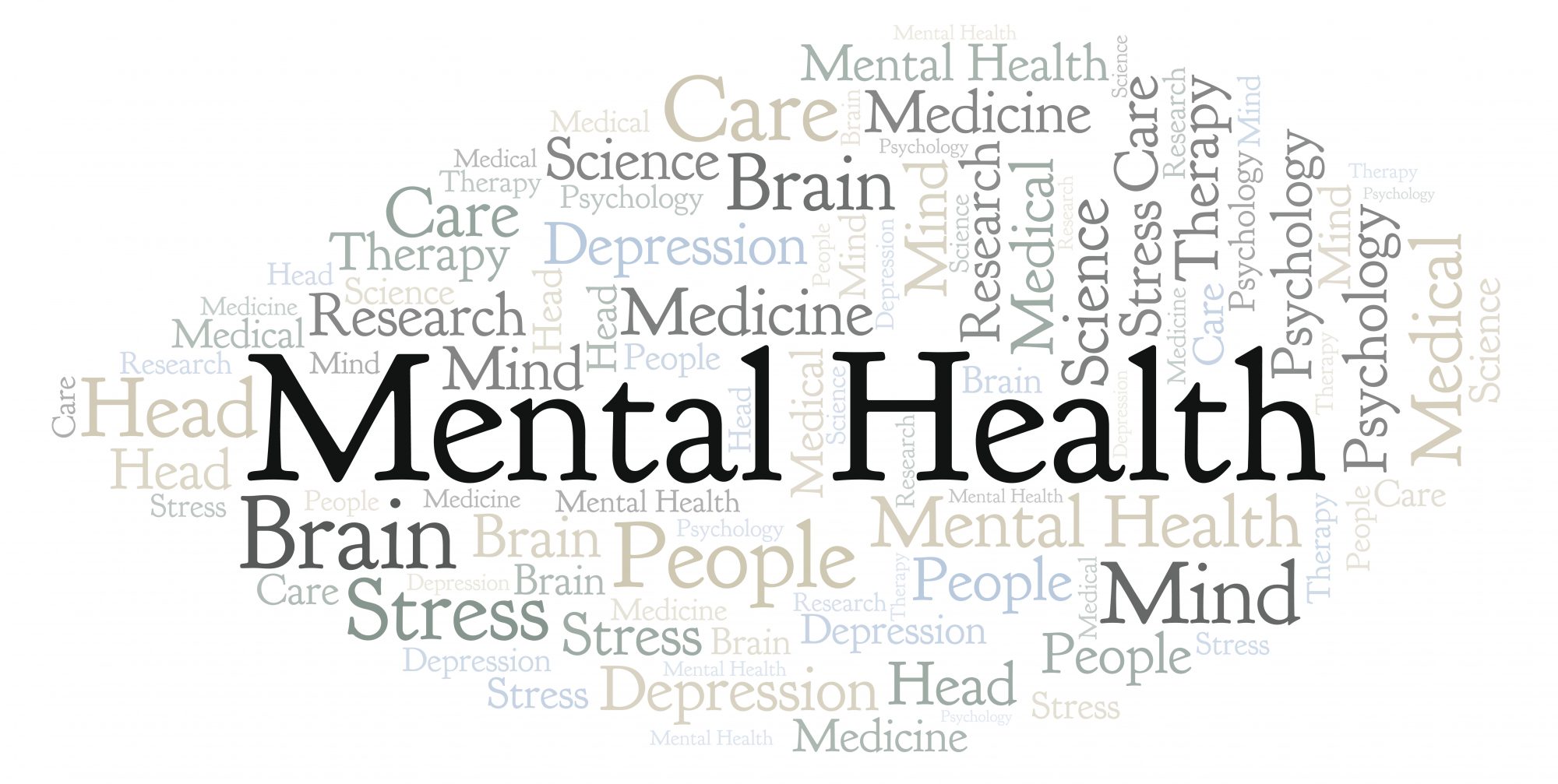Steph Hazlegreaves, Digital Editor at Open Access Government, delves into the world of mental health in this report that looks at suicide, stress and stigmas

Slowly but surely we are starting to talk more openly about mental health but are we doing enough to tackle one of the biggest health issues our world faces or can more be done and who can help to implement this change?
Suicide
Statistics released by the Samaritans charity revealed that in 2018, in the UK, there were a total of 6,507 suicides – an increase of 10.9% – and men are three times as likely to die by suicide than women. Men aged 45-49 have the highest rate of suicide, whilst there has also been a 23.7% rise in suicide deaths among the under 25s. To see the full report go to: https://www.samaritans.org/about-samaritans/research-policy/suicide-facts-and-figures/.
In 2018 there were 6,507 suicides
men are three times as likely to commit suicide than women
Only last year was the first-ever cross-government suicide prevention plan published with a focus on how social media and the latest technology can identify those most at risk. The plan will help to improve the data held on causes of death among veterans to better understand the triggers that can lead someone to take their own life. It also includes a focus on addressing the increase in suicide and self-harm among young people, while social media companies will be asked to take more responsibility for online content that promotes methods of suicide and self-harm. For more on the plan see: https://www.openaccessgovernment.org/cross-government-suicide-prevention-plan/57315/
12.7% of all workplace absences in the UK can be put down to mental health
Ending the stigma
According to the Mental Health Foundation, people with mental health problems say that the stigma attached to mental ill-health can and make it harder for them to get help. We have created a culture where it is considered ‘weak’ to ask for help. Being told to ‘man up’ when you shed a tear is not going to solve the mental health crisis or reduce the suicide rate. It’s time to talk. We should be teaching children about mental health in schools and creating a safe environment at work for employees to reach out for help.
40% of employees are uncomfortable to call in sick for mental health reasons
Workplace, school and stress
The Office of National Statistics reported that 12.7% of all workplace absences in the UK can be put down to mental health conditions, however, many workers would put it down to something as a report from Breathe revealed that 40% of employees are uncomfortable calling in sick to their employer for mental health reasons.
46% of employees do not receive sufficient support
Further findings found that 46% of employees do not receive sufficient support in terms of health and wellbeing benefits such as paid sick leave, private medical insurance, free fruit, cycle to work schemes or free gym memberships. One of the biggest battles that the UK workforce face is stress with one in every eight UK employees having taken time off for excessive workplace stress in the last year, according to research conducted by the Dolan Contactor Group.
45% all UK students feel extremely stressed by their degrees.
And it’s not only adults suffering from stress, but students are also too – The 2019 NatWest Student Living Index revealed that 45% all UK students feel extremely stressed by their degrees.
Last year the UK government announced that a new NHS mental health programme will be offered to up to 22,000 school and colleges nationwide. The programme delivers training through a series of workshops to selected members of staff in order to improve partnerships with professional NHS mental health services, raise awareness of mental health concerns and improve referrals to specialist help when needed.
Does technology help or hinder?
In research published on Open Access Government by NHS psychologists revealed that “Likes and comments to blame for mental health pressures”. The study found that 51% of all social media users compare themselves and their lifestyles to other accounts and one in 10 would never upload a picture of themselves without filtering or editing it first – 11% were adults. Find the full report here: https://www.openaccessgovernment.org/mental-health-pressures/70774/
ONS data says 1.5 million people in the UK aged 50 and over suffer from ‘chronic loneliness’.
However, technology is not deemed as all bad as researchers from the University of Oxford found that only 0.4% of all wellbeing in adults is associated with technology use. Technology can also be used to relieve loneliness in the elderly population. A report commissioned by Vodafone showed that technology could be used alongside more traditional community services to facilitate social interaction and that learning how to use it more fully can reduce loneliness and promote an active lifestyle. By learning how to use these new technologies, it can help older people maintain and build new connections with family, friends and access new community groups. Find the full article here for more on how to alleviate loneliness with technology: https://www.openaccessgovernment.org/digital-technology-help-alleviate-loneliness/61275/
The future
Despite steps being taken to open up discussions about mental health, there is still a lot to do – and we can all play our part. “In a world where you can be anything, be kind.”
References
https://www.openaccessgovernment.org/unexplained-mental-health-sick/65010/
https://www.openaccessgovernment.org/stigma-associated-mental-health-at-work/75378/
http://www.openaccessgovernment.org/students-degree-stress/72289/











